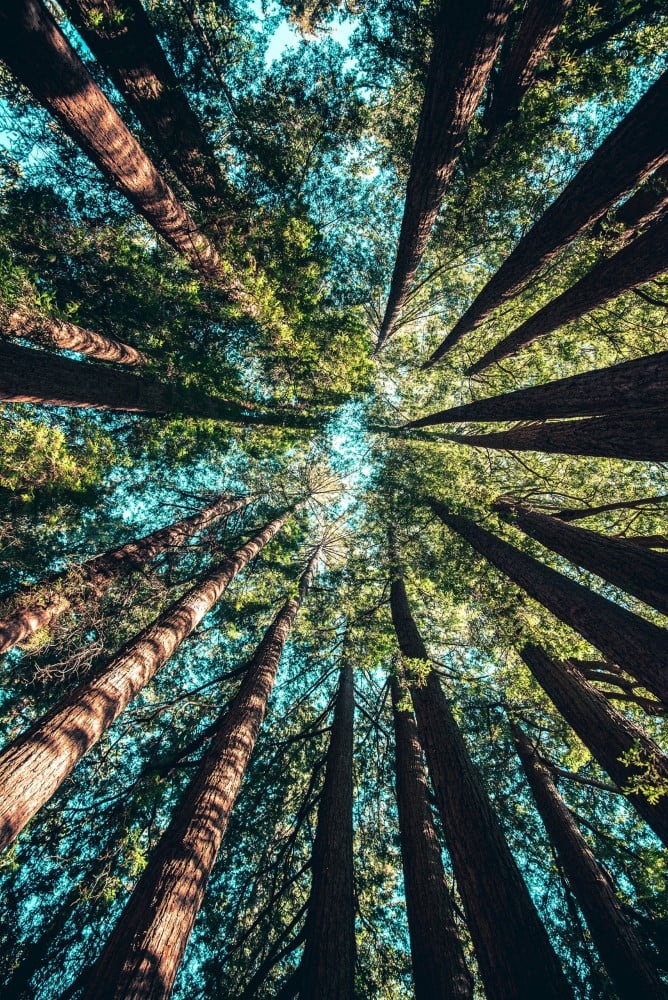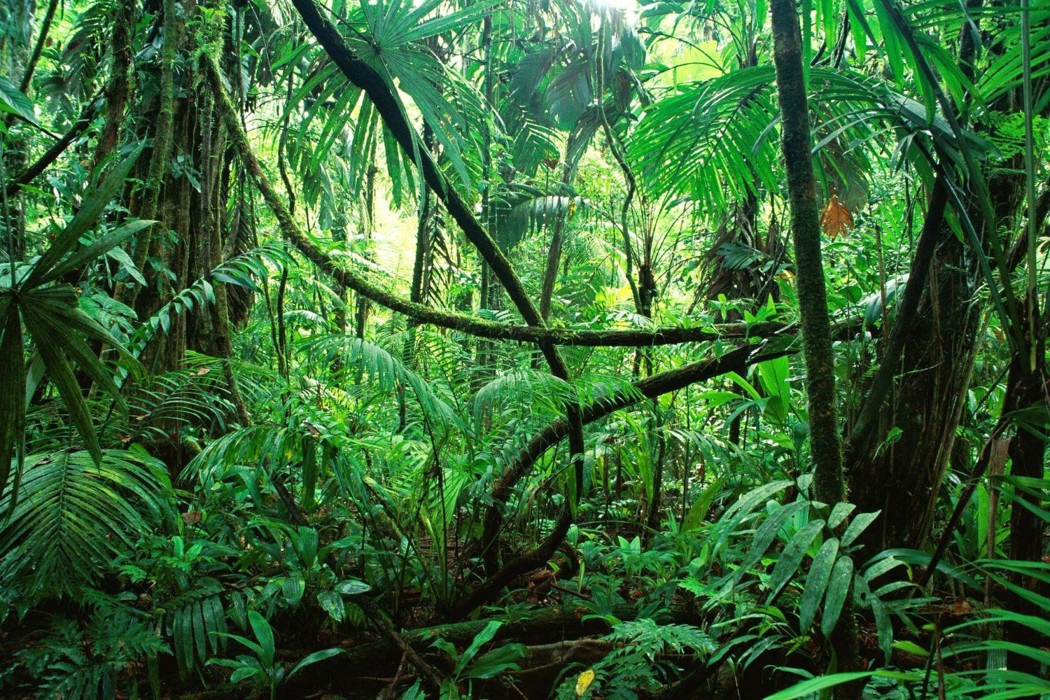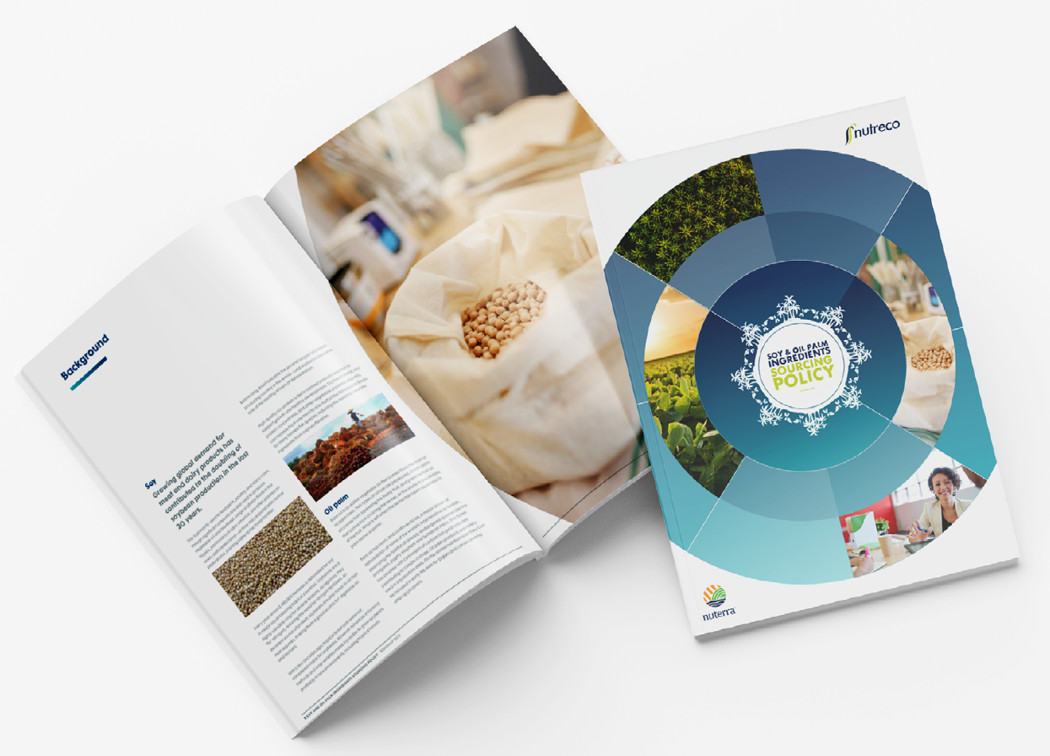
Following many years of research, tremendous progress has been made to create flexibility in the raw materials we use. Even after all this research into alternative feed ingredients, soy continues to play a role in aqua feeds, in traditional product forms such as meal, oil and concentrate. More recently due to developments in technology, newly derived soy materials are being introduced to the market, providing additional benefits such as lower anti-nutritional factors.
We anticipate soy ingredients will remain an important source of protein and oil for the animal feed sector in the future. But as applies for all our raw materials, we must be responsible with our sourcing and where improvements are needed, use our influence within the value-chain to support positive change. The deforestation issues with soy and oil palm ingredients are complex and Skretting is focused on minimising any negative impact we have through our sourcing of feed materials.


